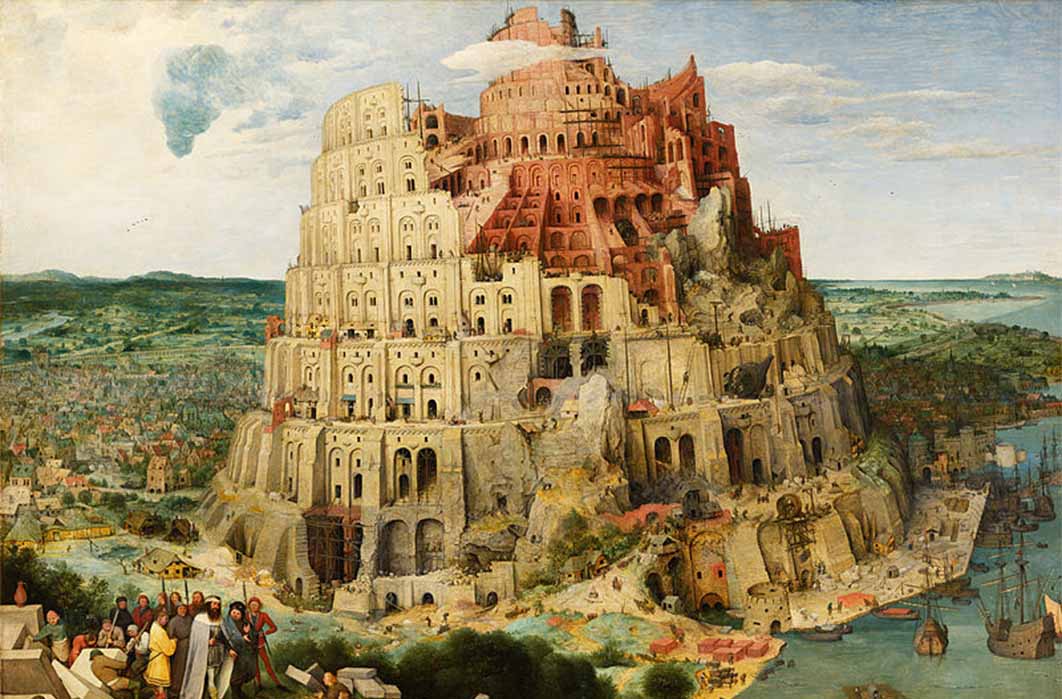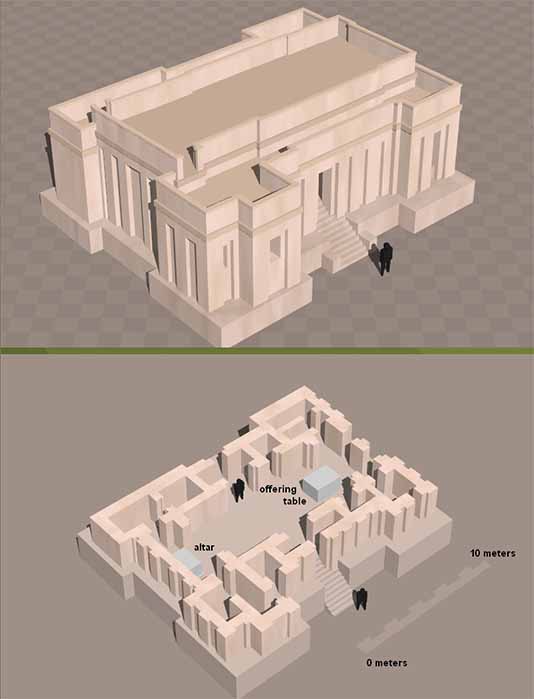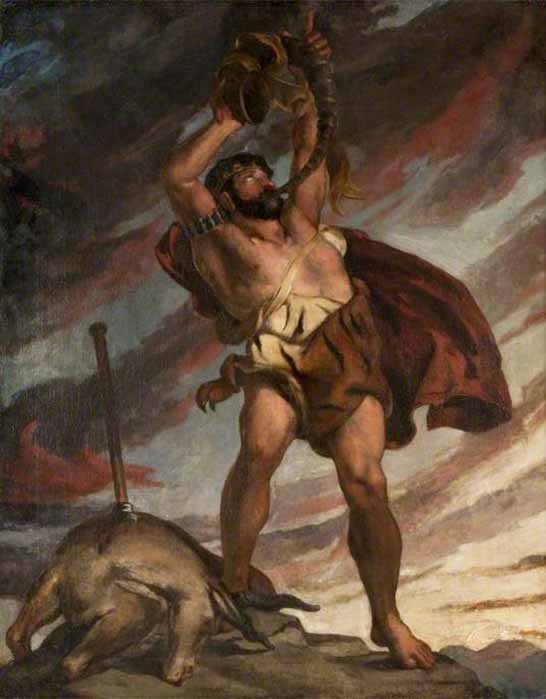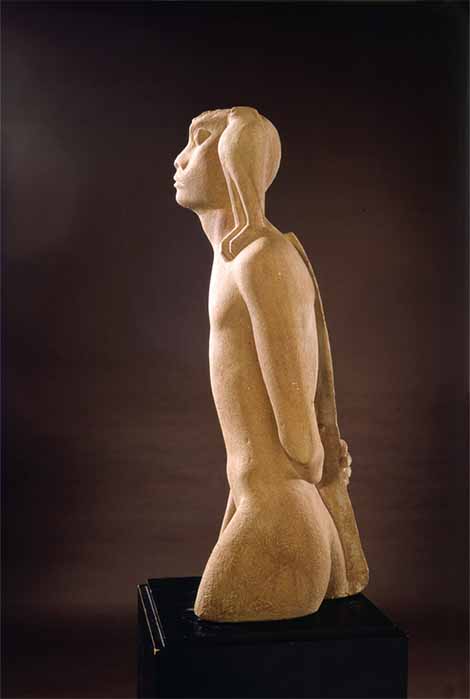
Babelse Verwarring: The Confusion Around The Tower Of Babel Finally Solved
The Tower of Babel is one of the most well-known stories in the Bible. Many proposals as to the historical or literary origins of this narrative have been made over the years. A remarkably good case could be put forward that historically it dates back to the final years of the First Dynasty of Uruk in ancient Sumer. According to the story in the Bible, told in the 11th chapter of the biblical Book of Genesis, many people came to settle on the southern plains of the “land of Shinar” directly after the deluge. Shinar is the name used in the Bible referring to the southern plains between the Tigris and Euphrates Rivers. The setting and background for this story is therefore the ancient land of Sumer. A valid question is: Where did this story originate?

Large buildings, implying centralized government, started to be made. Eridu Temple, final Ubaid. (Zunkir/ CC BY-SA 3.0)
In the biblical narrative, the people who came to settle on these plains erected both a city with large buildings and a very high tower. They built these with baked clay bricks and used lime for mortar. This was a huge undertaking, with these people venturing to establish themselves as a mighty force on earth, making a name for themselves. Counting in their favour was that they all spoke one language and conversed in one speech. When God saw this, He countered their endeavours and their project by confusing their language. The name ‘Babel’ is, interestingly enough, said to mean ‘confusion’ in accordance with these events.

Nimrod by David Scott (1832) Glasgow museums (Public Domain)
Nimrod Builder Of The Tower Of Babel
One may ask who the ruler was under whose patronage the Tower of Babel was built. There are some clues in the Book of Genesis, in the tenth chapter to be exact, preceding the chapter in which the story of the Tower of Babel is told. Chapter 10 contains a genealogy of the descendants of the flood hero, Noah. One of the most significant people mentioned in this genealogy is the illustrious and well-known Nimrod, great-grandson of Noah, who hailed from the second generation after the deluge and who was a great ruler of Babel, the very same city associated with the story of the Tower of Babel.
It is said that Nimrod “began to be a mighty one on earth”, which might mean that he was a tyrant or a man who used force and violence to execute out his policy. He is also called a “mighty hunter”. His kingdom reached from Babel and Uruk on the southern plains of Sumer to the northern parts of Mesopotamia, an extensive territory including various other important cities.

Nimrod by Yitzhak Danziger ( CC BY-SA 2.5)




